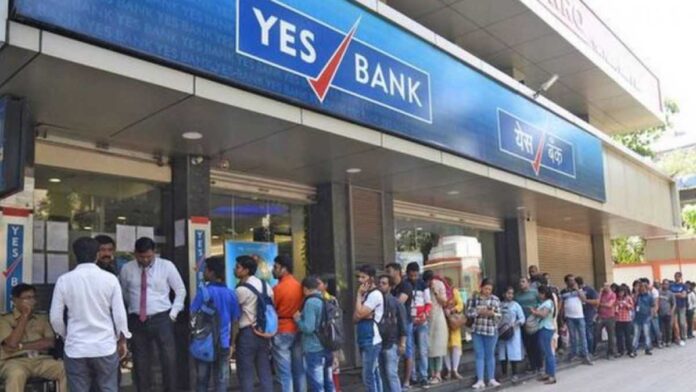The Supreme Court of India made a significant procedural decision on Wednesday, transferring the pleas from the Reserve Bank of India and others concerning the controversial write-off of Yes Bank’s AT-1 bonds, valued at Rs 8,415 crore, to another judicial bench. This move underscores the complexities involved in the financial and legal repercussions stemming from the bailout process initiated in March 2020.
The case revolves around Additional Tier 1 (AT-1) bonds, which are high-risk financial instruments used by banks to bolster their capital. These bonds, which carry higher interest rates due to their perpetual nature and the risks involved, came under scrutiny when the RBI directed Yes Bank’s administrator to cancel them amidst financial turmoil.
Chief Justice Sanjiv Khanna, alongside Justices Sanjay Kumar and KV Viswanathan, opted not to hear the four pleas challenging a Bombay High Court order that had previously invalidated Yes Bank’s decision to write off these bonds. The Supreme Court did not provide a reason for this referral but announced that the case would be reassigned to a bench led by Justice A S Oka, with hearings scheduled to resume in a week.
The controversy initially gained national attention when a bench headed by then CJI D Y Chandrachud, who has since retired, extended a stay on the high court’s order. This stay maintained the suspension of the high court’s decision quashing the Yes Bank administrator’s actions.
During proceedings, notable advocates including Mukul Rohatgi for Axis Trustee Services and Solicitor General Tushar Mehta for the RBI presented their arguments, highlighting the profound financial impact on institutional investors and the rationale behind the bailout by PSU banks.
The high court had pointed out that the final restructuring scheme for Yes Bank, sanctioned by the government, did not authorize the write-off of AT-1 bonds, prompting legal challenges and suggestions for converting these bonds into shares instead.




